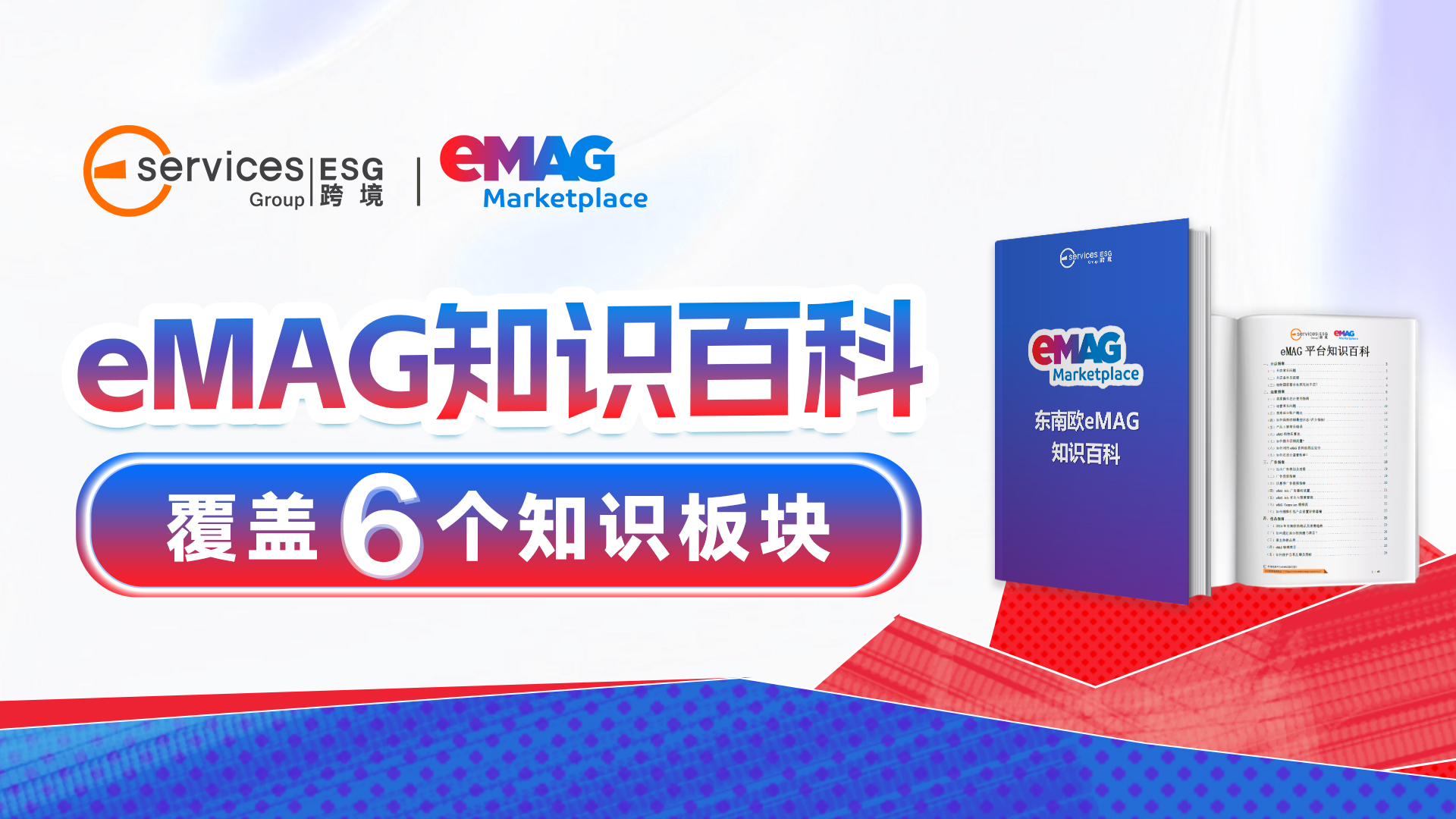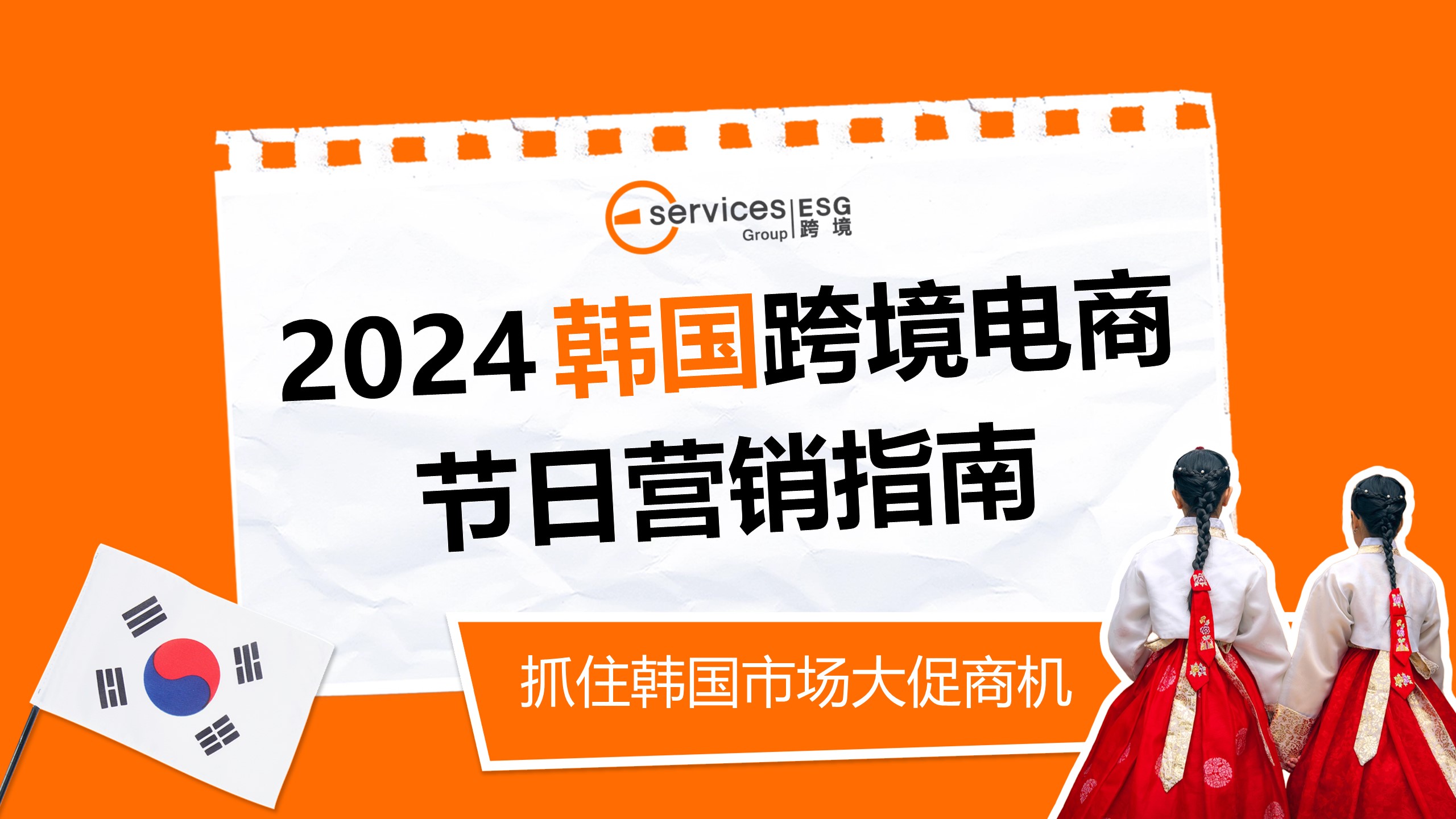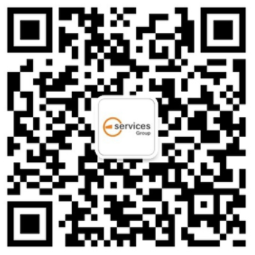wish商戶平臺分享:什么是稅收關聯 (nexus) ?
wish商戶平臺分享:什么是稅收關聯 (nexus) ?
Wish商戶平臺分享:什么是稅收關聯 (nexus) ?
稅收關聯是一種特殊類型的關系,如果某個管轄區要對一家公司征稅,則該公司必須與此管轄區建立稅收關聯。這個術語和概念來自美國最高法院的判例,該判例管轄各州對州外實體征稅的權力。不同司法管轄區對稅收關聯的標準有不同的規則和決定,且管轄區內各個稅種(例如所得稅、/使用稅、財產稅等)的關聯標準也可能不同。對于銷售稅/使用稅,與某個州有稅收關聯的商戶通常有義務就應納稅銷售額向該州的用戶收取銷售稅金額,向用戶代收相關稅款,向該州提交銷售稅/使用稅申報表,并將收取的應繳稅款匯給該州。
是否構成足夠的稅收關聯取決于司法管轄區的定義和規則。一般來說,商戶在某一司法管轄區有實體存在(擁有辦公室、某種形式的營業地點、倉庫、雇員 — 無論是固定還是臨時)即與該管轄區建立稅收關聯。在過去數年中,一些州設法擴大其稅收關聯的定義范圍,以覆蓋第三方(相關或其他方面)的活動和其他臨時活動。美國最高法院在2018年6月作出了一項裁決,允許各州進一步擴大其稅收關聯的定義范圍:在部分州,如果某位商戶在當地有足夠的銷售額,便可能與該州有稅收關聯。例如,如果商戶在前12個月內的銷售額超過10萬美元或與該州的用戶分別達成了200筆交易,則會被視為與該州有稅收關聯。
對于 Wish 這種線上交易平臺而言,稅收關聯的確認以及稅費的繳納更加復雜。許多州已經擴大了稅收關聯的規定范圍,以覆蓋線上交易商的某些活動,即便運營商并非真正的賣方。如上所述,稅收關聯是美國司法管轄區與商戶、一筆銷售或促進交易達成的交易平臺之間的一種法律關系。如果商戶、銷售或交易平臺與相應州有稅收關聯,則相應州可以要求商戶或 Wish 向其用戶收取和使用稅。
Wish 確認,就其運營的線上交易平臺而言,其屬于“市場促進者”。因此,Wish 有義務在部分國家/美國州代收和繳納 /GST 和銷售稅。若商戶在特定司法轄區有稅收關聯,且其選擇使用“稅務設置”功能,則 Wish 將代收每筆交易的銷售稅和使用稅,并將稅款匯給商戶,由商戶負責繳納給州稅務機構。
所有稅收關聯都是累加式的,也就是商戶只要滿足一項條件即構成與州的稅收關聯。并非滿足所有條件才會構成稅收關聯。在以下條件下商戶會和州產生稅收關聯:(1) 商戶在州內有實體存在;或 (2) 商戶的銷售額超過10萬美元;(3) 商戶在州內達成了超過200筆單獨的交易。請注意,即使三項條件均不符合,商戶也可能會有稅收關聯。理論上說,即使商戶在州內沒有實體存在,銷售額未達10萬美元,交易數量少于200筆,其仍有可能與州存在稅收關聯。
商戶是否與州存在稅收關聯,取決于各州自己的規則。商戶在一個州里有稅收關聯,但并不表示其在美國的每個州都有稅收關聯。
當商戶告知 Wish 其與一個州有稅收關聯,或 Wish 作為市場運營者有義務代收和繳納稅費時,Wish 系統會就商戶在本平臺的每筆交易向用戶代收銷售稅和使用稅。之后,根據各州的政策,Wish 會將稅款支付給商戶(由商戶繳納給州稅務機構),或直接將稅繳納給州稅務機構(Wish 作為線上市場運營者有義務代收稅費的州,詳見相關常見問題解答)。
What is nexus?
Nexus is a special type of connection that a company must have with a U.S. taxing jurisdiction if that jurisdiction wishes to impose its tax on that company. The term and concept comes from United States Supreme Court jurisprudence that governs States’ power to tax out-of-State entities. The nexus standards vary by depending on the jurisdiction’s own rules and decisions, and the standards within a jurisdiction may be different for each tax type (e.g., income tax, sales/use taxes, property tax, etc.). For sales/use tax purposes, sellers that have nexus in a State generally have an obligation to charge customers in that State sales tax on taxable sales made to them, collect that tax from the customers, file a sales/use tax return with that State, and remit the tax collected and due to the State.
What constitutes sufficient nexus for tax purposes depends on the jurisdiction’s definitions and rules. Generally, a seller creates nexus with a jurisdiction by being physically present in that jurisdiction (having an office, some type of business location, warehouse, employees – whether fixed or for a temporary period of time). Over the past several years, some States have sought to expand their nexus definitions to include the activities of third parties (related or otherwise) and other temporary activities. In June 2018, the United States Supreme Court issued a ruling that enables States to expand their nexus definitions even further: in some States, a seller with enough sales in a State likely has a nexus with that State. For example, if a seller’s makes greater than $100,000 of sales or makes 200 separate transactions with customers in the State in the previous 12-month period, then the seller will be deemed to have nexus in the State.
Nexus determinations – and collection and remittance obligations – get a bit more complicated with respect to online marketplaces like Wish. Many States have expanded nexus requirements to include certain activities by online marketplace operators, even though the operator isn’t really the seller. As explained above, nexus is a legal connection between a U.S. jurisdiction and a seller, a sale, or a party that helps facilitate a sale. If there is nexus with a seller, a sale, or a sale’s facilitator, the State may require the seller or Wish to charge and collect its customer’s sales and use taxes.
Wish has determined that it is a “Marketplace Facilitator” in respect of the online marketplace it operates, which leads to an obligation for Wish to collect and remit VAT/GST and sales taxes in certain countries/U.S. states. When a merchant has nexus in a particular jurisdiction and it elects to use Tax Settings, Wish will charge and collects sales and use taxes for each sale and sends those funds to each seller, which must then send those funds to the States.
All of these nexus factors are accretive, meaning a seller only needs to satisfy one test to have nexus with a State. A seller does not need to satisfy all the tests. A seller is likely to have nexus if (1) the seller is physically present in the State OR (2) the seller sells more than $100,000, OR (3) the seller makes more than 200 separate sales in a State. Please note that these tests DO NOT say that seller’s failing to meet all three tests lacks nexus. Theoretically, a seller physically absent from a State that sells less than $100,000 in less than 200 transactions could still have nexus with a State.
Whether a seller has nexus is a State-by-State question. Just because a seller has nexus in one State does not mean that the seller has nexus with each State in the United States.
When a seller informs Wish that it has nexus with a State or determines there is an obligation as a marketplace operator to collect and remit tax, Wish’s system charges and collects sales and use taxes from the seller’s customers for each of the seller’s sales on the Wish platform. Then, depending on the State, either passes those funds to each seller (which must then send those funds to the States) or sends the tax directly to the State in Online Marketplace States (see separate FAQ).
特別聲明:以上文章內容僅代表作者本人觀點,不代表ESG跨境電商觀點或立場。如有關于作品內容、版權或其它問題請于作品發表后的30日內與ESG跨境電商聯系。
二維碼加載中...
使用微信掃一掃登錄
使用賬號密碼登錄
平臺顧問
微信掃一掃
馬上聯系在線顧問
小程序

ESG跨境小程序
手機入駐更便捷
返回頂部








 市場合作:shichangbu@eservicesgroup.com
市場合作:shichangbu@eservicesgroup.com





